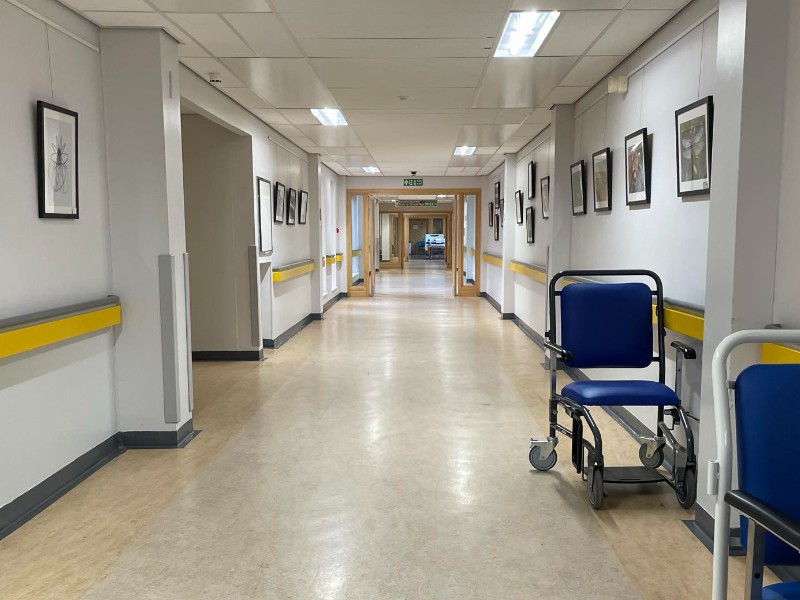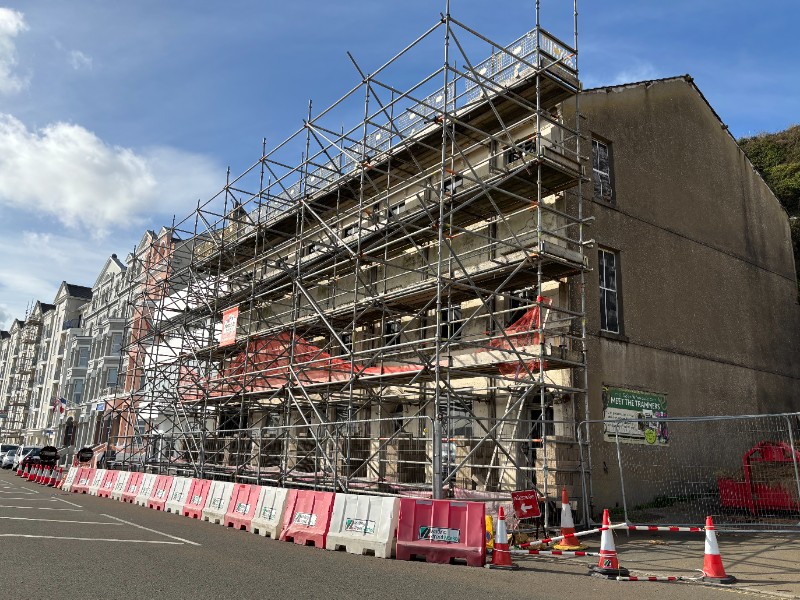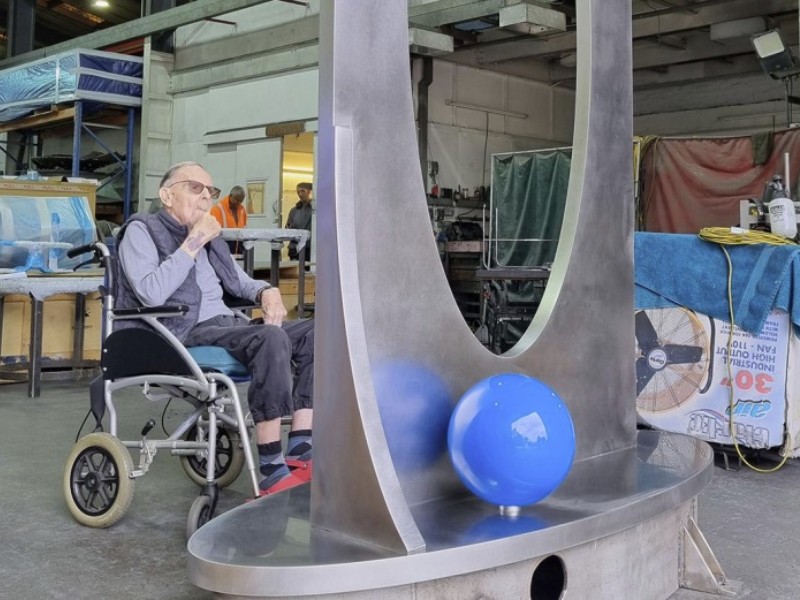
What is its purpose and should there be reforms?
The Legislative Council has been under the spotlight recently, following a discussion event by think tank ‘Reayrtys’.
It saw Professor Peter Edge, an expert in the Isle of Man’s constitutional history make a presentation to give background on the system, and how that compares with other nations.
Democracies across the world use one of two systems – parliamentary or presidential.
The Isle of Man runs a parliamentary system and prides itself on being the oldest continuous parliament in the world.
However, within parliamentary systems, you may find nuances from country to country.
If a system is ‘unicameral’, it means there is one chamber which is used to pass legislation.
‘Bicameralism’ is two chambers, as is seen in the United Kingdom with the House of Commons and House of Lords.
The Isle of Man largely adopts a bicameral approach, but also is ‘tricameral’, meaning there are three chambers: House of Keys, Legislative Council and Tynwald.
The House of Keys sits independently of LegCo and vice versa, but Tynwald sees all members from both chambers come together for debates and to pass motions and vote on government plans.
Bicameralism is in the minority, with only 41-percent of global legislatures being bicameral, the majority are unicameral.
There are 190 recognised parliaments across the world, but these ignore non-sovereign territories such as the Isle of Man. There are 29 non-sovereign parliamentary territories.
Of those 29, only five are bicameral.
The Manx system was initially presidential, because the Crown would appoint a Lieutenant Governor who would assume the position as ‘president’, but this has since pivoted.
Up until 1961, LegCo had power to issue an ‘absolute veto’, effectively refusing to pass a piece of law that had been handed to the Upper Chamber from the Keys. This power has since been removed.
What benefits and drawbacks does bicameralism bring to a small democracy?
Representation function, allows citizens to influence the shaping of a piece of law. Members of the House of Keys are elected by their constituents to act in the best interests of their constituency.
Redundancy function, provides a chance for legislation to be scrutinised not once, but twice. MHKs will typically scrutinise a Bill and make amendments ahead of being handed to the MLCs. However, an MLC will then provide further scrutiny, and it’s hoped that will ensure pieces of law are fit for purpose and leaves ‘no stone unturned’.
Delays between a Bill being passed in the House of Keys and LegCo is broadly understood to allow issues to be reflected on and discussed within the population of the Isle of Man, thus providing more time for public debate.
Cost is a factor in whether a parliament may choose to be unicameral or bicameral. Duplication incurs a cost.
Members of the Legislative Council are paid £71,659 each year, with a 15% uplift for the President, and their sole purpose is to provide scrutiny to new pieces of legislation.
There are nine MLCs, a Lord Bishop and the Attorney General, therefore the taxpayer pays just shy of £700,000 to sitting members of LegCo. Alternative arrangements are made for the Lord Bishop and Attorney General.
Analysis
The parliamentary system is much more complex than it appears on the surface, and there have been recent calls for the Legislative Council to be publicly elected.
Similarly in the UK, there have been political rumblings about whether the House of Lords should be abolished.
Currently, the broader public have no influence over who is elected to become an MLC.
When seats become vacant, the Speaker of the House of Keys will ask MHKs to nominate and subsequently vote for new members.
In the past, a significant number of former MHKs were nominated and sat on the council for long periods of time.
This led to accusations of LegCo being an ‘Old Boys Club’.
However, more recently, there has been a shift to considering those outside of Tynwald for seats of whom also have no prior experience within Tynwald.
But given the Legislative Council’s job is solely to scrutinise and isn’t involved in constituency work, how could someone ‘canvass’ on the doorstep to obtain a vote from the public?
Professor Peter Edge discusses with Manx Radio’s Christian Jones:


 Manx political system forces party politics but with no cohesion, says MHK
Manx political system forces party politics but with no cohesion, says MHK
 Up to further £2.5m sought for patient air transfer service
Up to further £2.5m sought for patient air transfer service
 Tramway Terrace building 'still shifting and moving'
Tramway Terrace building 'still shifting and moving'
 Final work by Manx sculptor to be unveiled at Tynwald National Park
Final work by Manx sculptor to be unveiled at Tynwald National Park
